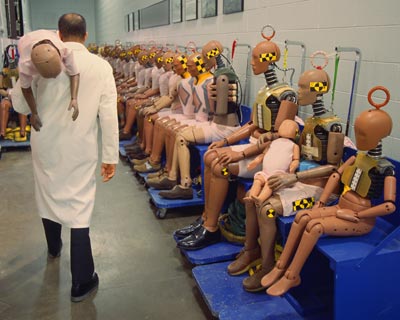Robotics will increase productivity, no doubt, but that doesn’t mean wages will likewise rise. Automation to the extent that will soon exist is uncharted territory and no one can predict the exact fallout. From Brad DeLong at Project Syndicate:
“The wages and salaries of low- and high-skill workers in the robot-computer economy of the future will not be determined by the (very high) productivity of the one lower-skill worker ensuring that all of the robots are in their places or the one high-skill worker reprogramming the software. Instead, compensation will reflect what workers outside the highly productive computer-robot economy are creating and earning.
The newly industrialized city of Manchester, which horrified Friedrich Engels when he worked there in the 1840s, had the highest level of labor productivity the world had ever seen. But the factory workers’ wages were set not by their extraordinary productivity, but by what they would earn if they returned to the potato fields of pre-famine Ireland.
So the question is not whether robots and computers will make human labor in the goods, high-tech services, and information-producing sectors infinitely more productive. They will. What really matters is whether the jobs outside of the robot-computer economy – jobs involving people’s mouths, smiles, and minds – remain valuable and in high demand.”
Tags: Brad DeLong

